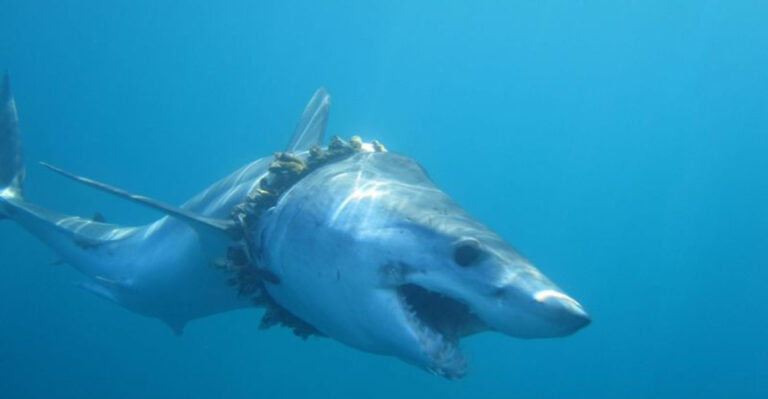12 Fish That Are Smarter Than You’d Expect
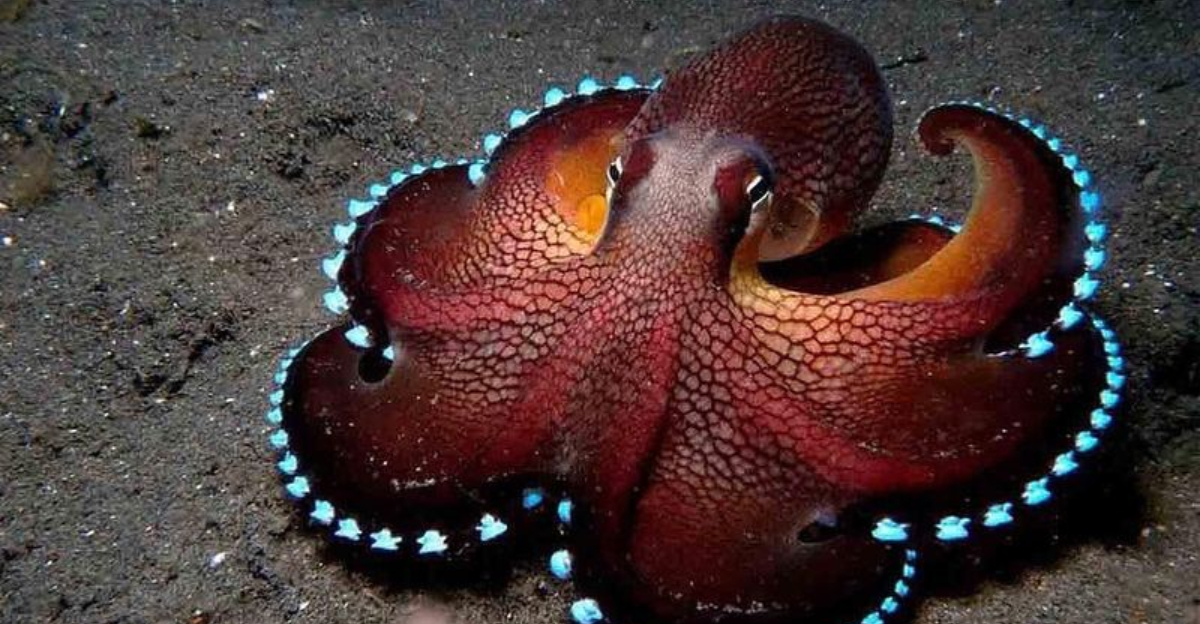
Dive into the world of brainy fish—you’ll be surprised who’s making waves! These underwater geniuses are more than just pretty fins.
We’ve rounded up the top fish with brains to match their beauty. Get ready to meet the cleverest swimmers in the sea!
1. Parrotfish
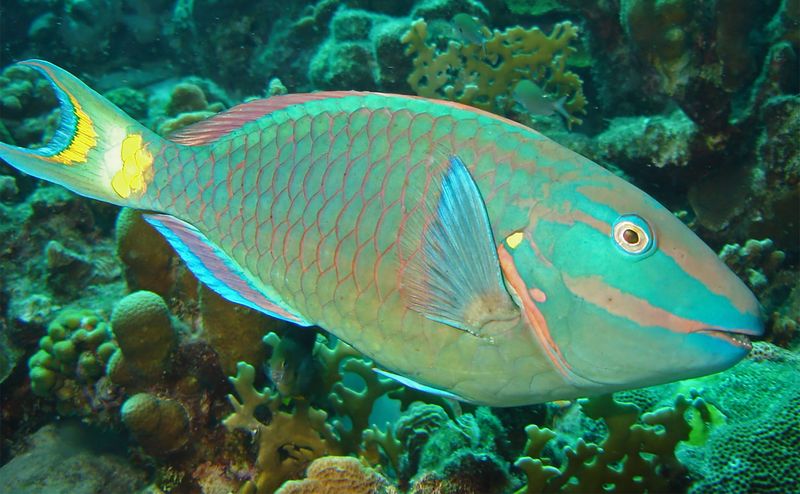
Parrotfish are not just pretty faces in the ocean; they are ecological engineers. With their beak-like teeth, they munch on coral, turning it into sand. This quirky habit maintains the coral reef ecosystem. Imagine the crunching sound echoing underwater as they feast.
These fish have the unusual ability to change their gender, demonstrating adaptability. Their vibrant colors are a visual treat, painting a rainbow underwater.
Parrotfish sleep in mucous cocoons to mask their scent from predators, a unique survival strategy. These behaviors make them fascinating members of the marine world.
2. Cleaner Wrasse
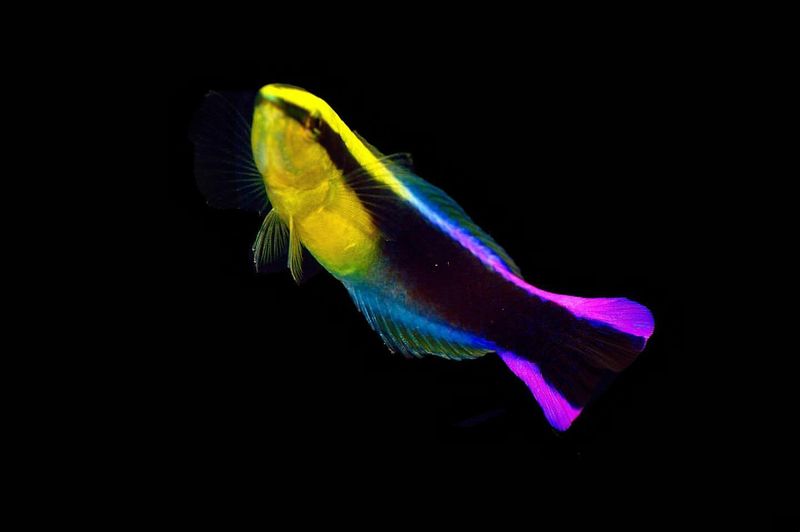
Cleaner Wrasse may be tiny, but they’re some of the smartest fish in the sea.
These little pros run underwater “cleaning stations” for bigger fish, picking off parasites like spa specialists.
They remember regular clients and even adjust their behavior based on who’s watching. Talk about customer service with a brainy twist!
These fish can spot fakes, dodge freeloaders, and manage their own reputations. Yep, they’re that sharp.
Cleaner Wrasse even passed the mirror test—meaning they might recognize themselves. That’s a big deal in fish IQ!
3. Electric Eel
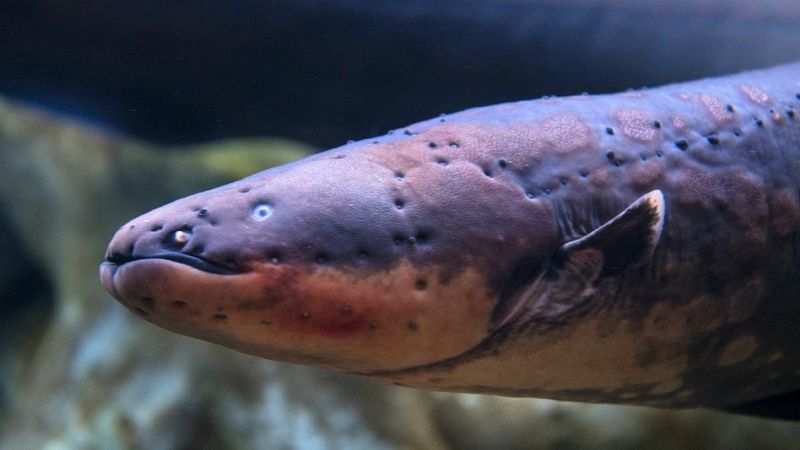
Electric eels are nature’s living batteries. They navigate murky waters of the Amazon with electric fields, hunting and communicating through electric pulses. Picture the electric dance in the dark waters.
These eels can generate shocks potent enough to stun prey, a testament to their power. Their elongated bodies glide silently, a ghostly presence in their habitat.
Beyond hunting, they use electricity to explore their environment, highlighting their intelligence. Encountering an electric eel is like meeting a superhero of the aquatic realm.
4. Manta Ray
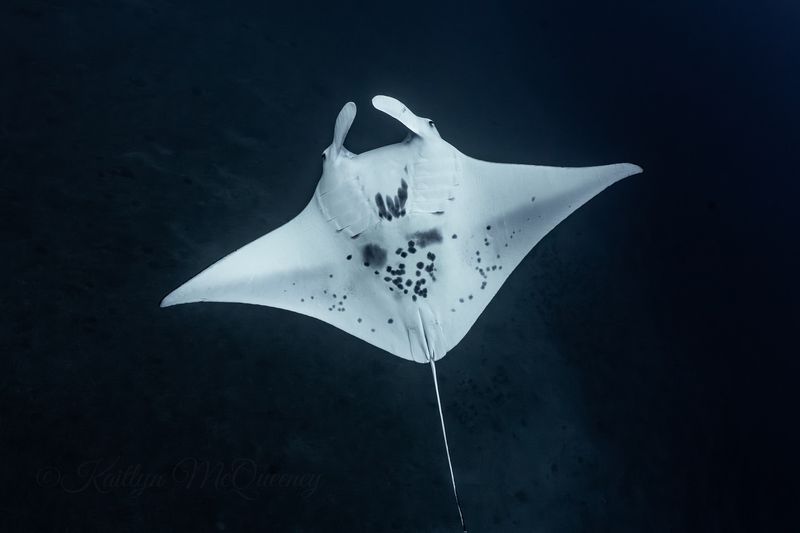
Manta Rays are ocean giants with brains to match their beauty. Their big, curious eyes and graceful moves hint at just how smart they really are.
They’ve even passed the mirror test—a rare feat in the animal world. That means they might recognize themselves, which is kind of mind-blowing for a fish!
These rays love to explore, often checking out divers and new objects with gentle interest. It’s like they’re always asking, “What’s this?”
5. Octopus

Okay, they’re not fish—but octopuses are way too smart to leave off the list! These brainy beings can solve puzzles, open jars, and even play with toys.
They’ve got memory skills that put some humans to shame. In labs, they learn tricks, remember patterns, and even watch and learn from others.
Their nervous system is wild—most of their neurons are in their arms. That’s like having eight little brains working together!
6. Archerfish

Archerfish have one of the coolest hunting tricks in the fish world—they shoot water to knock bugs off branches! It’s like fish target practice, and they’re really good at it.
They nail the angle, adjust for light refraction, and hit their mark with crazy precision. That takes some serious brainpower.
These sharp shooters don’t just go solo—they learn by watching other fish take the shot. Talk about teamwork and smarts!
7. Goldfish
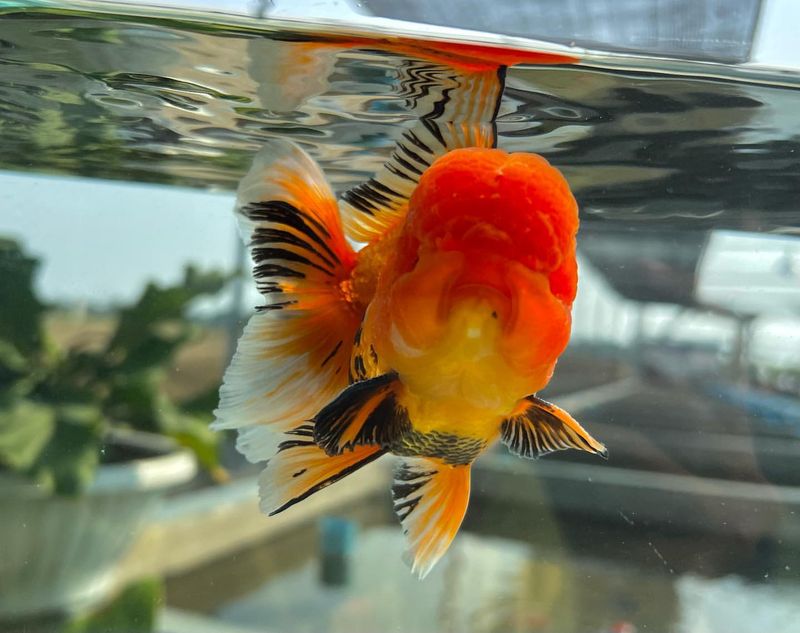
Goldfish might get a bad rap, but they’re way smarter than most people think. They can actually recognize their owners and remember tasks for weeks!
These little swimmers can learn tricks, navigate mazes, and respond to cues. Who knew a goldfish could be that clever?
They’re also great at adapting to new environments and picking up on patterns. Not bad for a fish with a tiny brain!
8. Elephantnose Fish
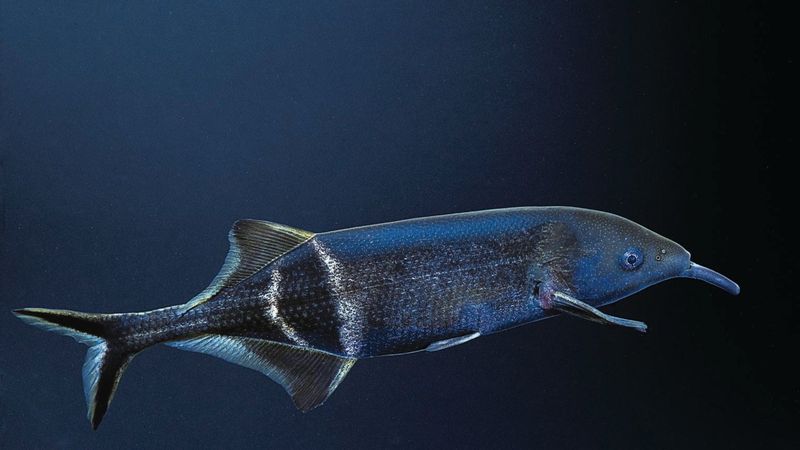
The Elephantnose Fish looks wild and thinks even wilder! With its long snout and electric senses, it’s basically the brainiac of African rivers.
It uses electric signals to “see” in dark, murky water—talk about a cool superpower. These signals also help it chat with other fish!
They’re great problem-solvers too, especially when food’s involved. Move a pebble to get a snack? No problem.
9. Guppy
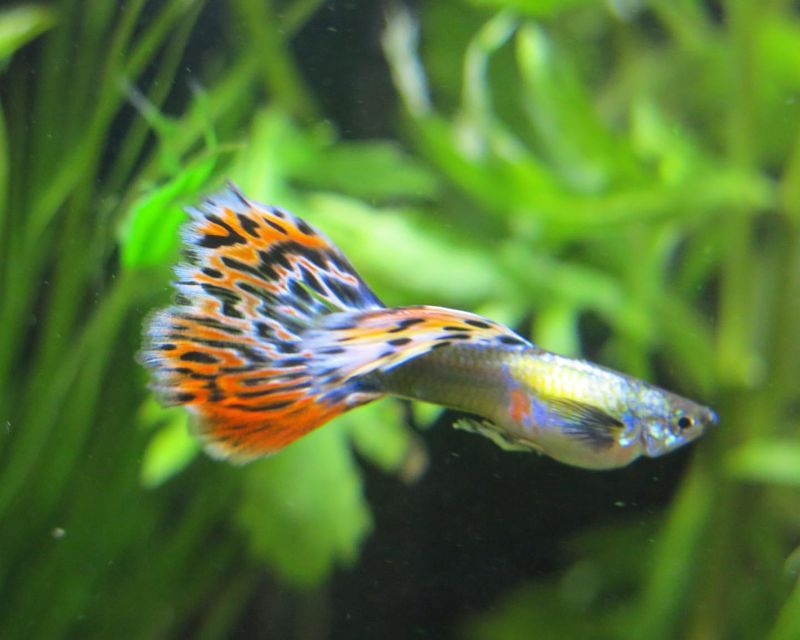
Guppies may be tiny, but their brains are buzzing with activity. They’re quick learners and love to show off their smarts in new situations.
When it comes to love, guppies are picky! They actually size up potential mates using some serious fish-level judgment.
They’re social too, learning from others and adjusting their behavior like little underwater strategists. No fishy peer pressure here—just clever choices.
10. Cichlids
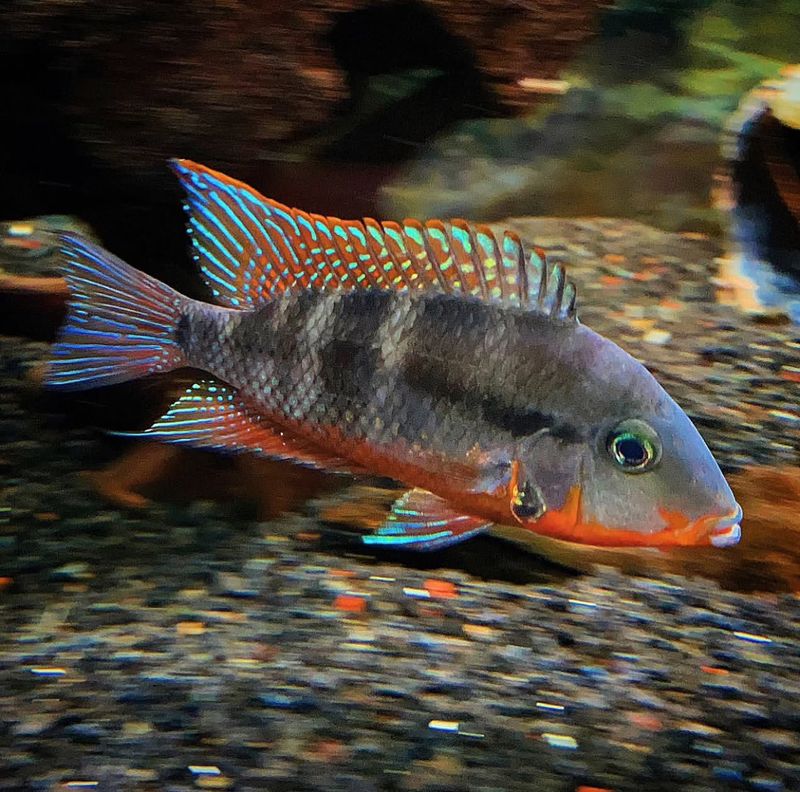
Cichlids are freshwater brainiacs with serious social smarts. From raising babies to defending their turf, they’ve got fish family life down pat.
They even team up with others to guard their space—true underwater teamwork! That kind of planning is rare in the fish world.
Cichlids also adapt quickly, changing behavior based on what’s happening around them. They’re flexible and clever problem-solvers.
11. Rainbow Fish
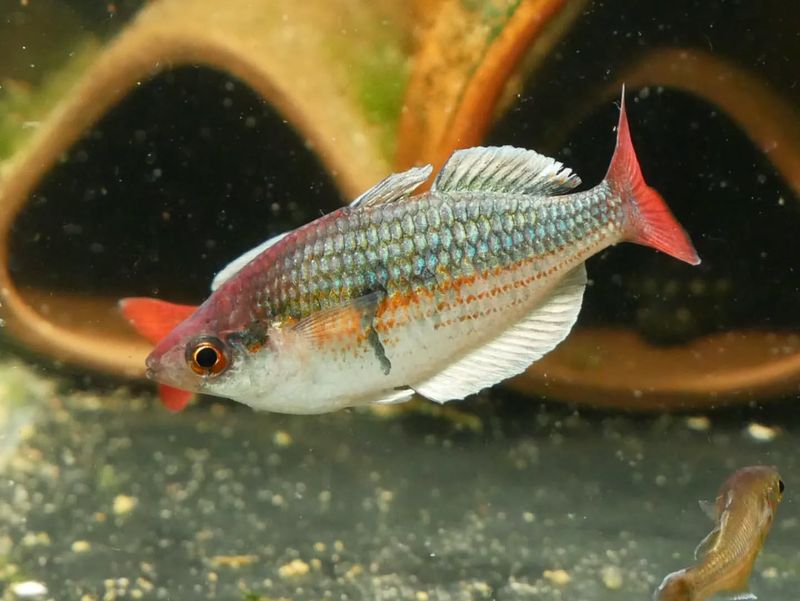
Rainbow Fish aren’t just pretty—they’ve got brains to match their sparkle. These social swimmers move in perfect sync, showing off some serious group coordination.
Their schooling helps them dodge predators and find food fast. Teamwork makes the dream work—even underwater!
They’re also curious and love checking out familiar faces. Some even recognize their human caretakers!
12. Betta Fish
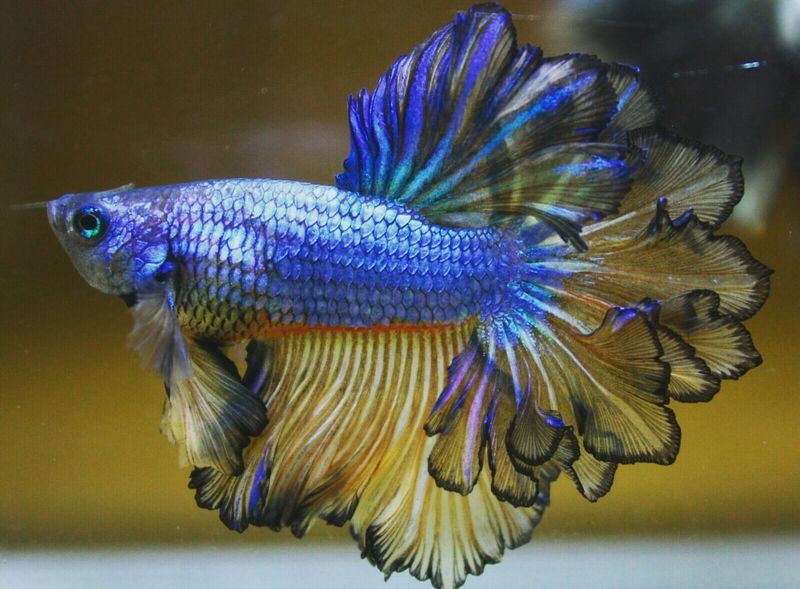
Betta Fish aren’t just pretty—they’re sharp thinkers too. They can recognize their owners and show up right on cue at feeding time!
When it comes to defending their turf, they don’t just flare and fight—they size up the situation first. Smart, right?
These little guys can even learn tricks and solve mazes. Yep, Betta Fish have brains behind those bold colors.




